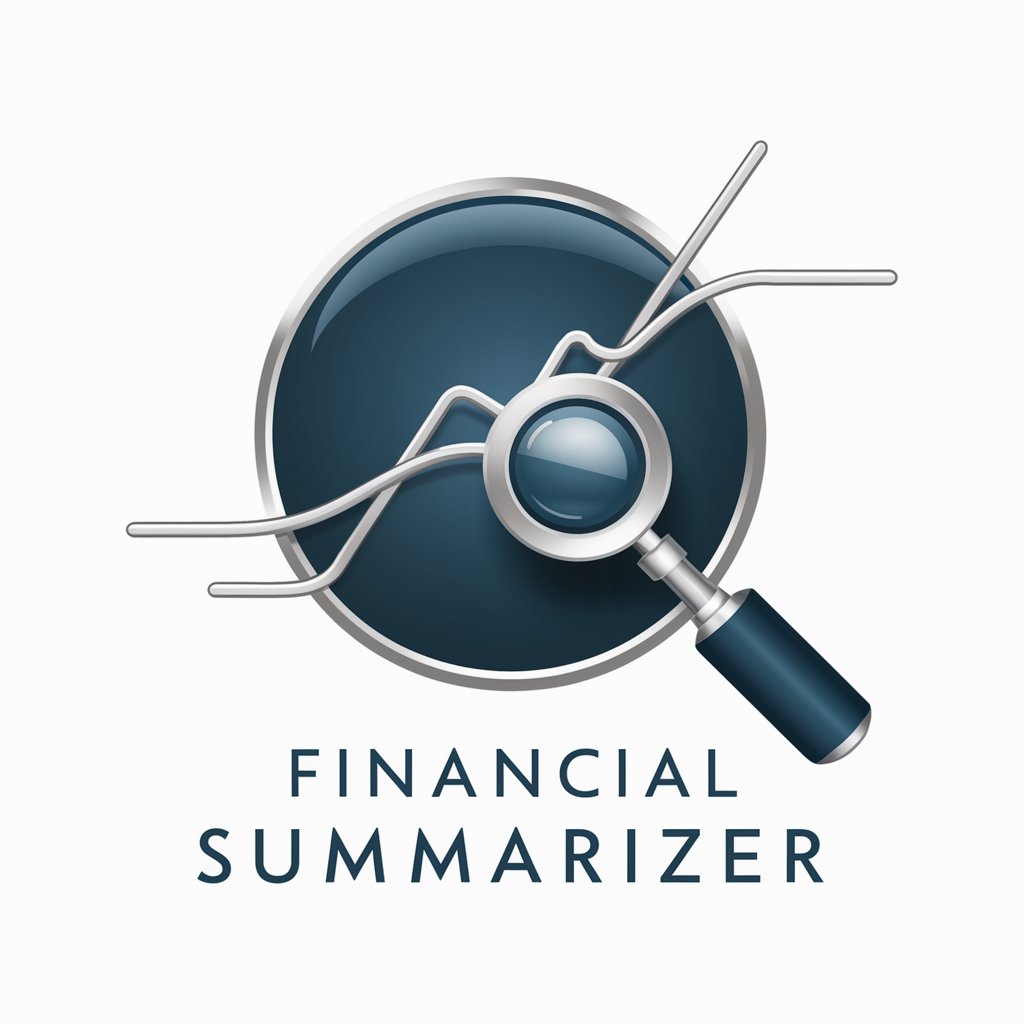Mental Health Guide - mental health information tool

Hi! How can I assist you with mental health information today?
Empowering mental health with AI
Tell me about the signs of depression.
What is bipolar disorder?
How is anxiety diagnosed?
Describe symptoms of ADHD.
Get Embed Code
Overview of Mental Health Guide
The Mental Health Guide is designed to provide detailed, accessible information about mental health issues with a focus on enhancing user understanding and support. It is equipped to address a wide range of topics related to psychological well-being, mental illnesses, and emotional health. The guide combines professional insights with a supportive tone, making complex information understandable for non-specialists. For instance, if a user is trying to understand the symptoms of depression or the basics of cognitive behavioral therapy, the guide can offer clear explanations and suggest when professional help might be necessary. It also engages users with follow-up questions to tailor the information to their specific needs, ensuring the guidance is relevant and practically useful. Powered by ChatGPT-4o。

Key Functions of Mental Health Guide
Information Provision
Example
The guide can explain the symptoms and treatment options for various mental health conditions like anxiety or bipolar disorder.
Scenario
When a user feels unsure about the differences between normal anxiety and an anxiety disorder, the guide can delineate these distinctions, aiding in self-awareness and decision-making about seeking further evaluation.
Supportive Engagement
Example
It prompts users to describe their feelings or symptoms more specifically, which can aid in self-reflection and understanding.
Scenario
If a user mentions feeling persistently sad, the guide might ask follow-up questions about the duration and impact of these feelings to clarify whether they align more closely with clinical depression.
Encouragement of Professional Consultation
Example
The guide stresses the importance of consulting with healthcare professionals when the discussed symptoms suggest a serious condition.
Scenario
Should a user express symptoms that indicate severe depression or suicidal thoughts, the guide will recommend seeking immediate help from mental health professionals and provide information on how to access these services.
Target User Groups for Mental Health Guide
Individuals Exploring Mental Health Issues
People who are beginning to question their mental health or the mental health of someone they know will find the guide useful for initial understanding and steps towards getting help.
Students and Educators
This group can use the guide for educational purposes, whether to enhance their curriculum, prepare for professional roles in mental health, or to better understand their own psychological well-being.
General Public Seeking Mental Health Literacy
The general public, including individuals who want to be better informed about mental health to support friends and family, or to improve their own well-being, benefits from the accessible explanations and practical advice provided by the guide.

How to Use the Mental Health Guide
Begin your journey
Visit yeschat.ai to explore the Mental Health Guide with a free trial, no login or ChatGPT Plus subscription required.
Identify your needs
Select the area of mental health you are interested in learning more about or need assistance with, such as anxiety, depression, or stress management.
Engage with the tool
Use the chat feature to ask specific questions about mental health issues, treatment options, coping mechanisms, and support resources.
Explore resources
Access and explore additional resources and guidance provided by the tool to deepen your understanding of mental health conditions.
Seek professional advice
Remember to consult with a healthcare professional for personal advice or treatment options tailored to your specific conditions.
Try other advanced and practical GPTs
Financial Summarizer
Unveiling Financial Insights with AI

Directeur de la Grande Yoga Prana
Elevate Your Studio with AI-Driven Marketing

Chiddici?
Bridging Languages, Uniting Cultures

ARAŞTIRICI
Empowering Market Decisions with AI

MBJ Excerpt Maker
Craft compelling subtitles with AI

Excerpts & Summaries
Summarize Anything, Effortlessly Powered by AI

Code Formatter Pro
Automate formatting with AI precision

Pawsitive Trainer
Smart Care for Young Pets

Ruth
Empower Your Content with AI

Family Constellation Companion
Discover family dynamics with AI

Prompt Generator
Craft Precise AI-Driven Prompts

Code Optimizer
Supercharge your code with AI

Frequently Asked Questions About Mental Health Guide
What types of mental health issues can Mental Health Guide help with?
The guide covers a wide range of topics including anxiety, depression, bipolar disorder, PTSD, and stress management, offering support and information on each.
How does the Mental Health Guide ensure user confidentiality?
The tool is designed to protect privacy by not requiring personal logins or identifiable information to access its resources and support.
Can the Mental Health Guide replace therapy or counseling?
While the guide provides valuable information and support, it is not a replacement for professional therapy or counseling. It is best used as a supplementary resource.
How current is the information provided by the Mental Health Guide?
The information is regularly updated to reflect the latest research and developments in the field of mental health.
Is the Mental Health Guide suitable for all ages?
Yes, the tool is designed to be accessible and useful for individuals of all ages seeking information or help with mental health issues.
